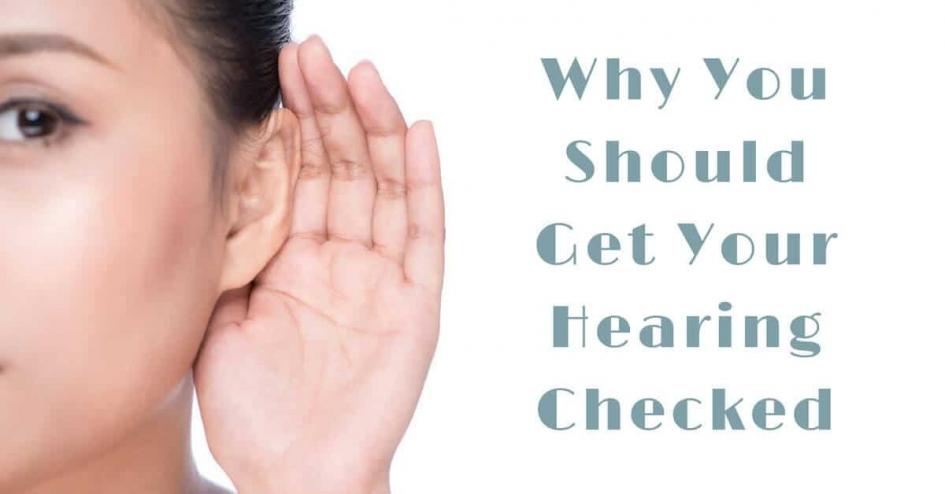
Why You Should Get Your Hearing Checked
Feb 23, 2018
One in six people in the UK have a degree of hearing loss. That means you know at least three of your close friends of family are struggling with their hearing. Most people are of the older generations but a surprising number are younger than you think. Our smartphone and live music habits have only exacerbated noise-induced hearing loss, and the effects of even minor hearing loss on a person’s life can be significant.
How being hard of hearing affects you
When someone with hearing loss tries to focus on a conversation with his mates in a busy pub, his brain is working overtime to distinguish the words of his friends from those all around him. This is mentally taxing at the best of times. If he is unable to catch the conversations of his friends, an avoidance of withdrawal from social situations could come next. They might be embarrassed about their condition and want to hide it from their friends. This is a vicious circle that ends in self-enforced isolation and with it, loneliness. A recent study in the US showed that those with severe hearing loss make up to $30,000 less than their better-hearing counterparts. A combination of a loss in work confidence and unfair hiring practices contribute to this result. It is therefore important not to ignore the issue as so many are doing. On average, people in the UK wait ten years before they treat their hearing problems. And according to the charity ‘Action on Hearing Loss’, only 40% of those who would benefit from hearing aids are actually using them. There still exists a stigma surrounding hearing aids where people still imagine bulky behemoths they remember other students wearing in primary school. This is so far from how modern hearing aids look and feel. Other people aren’t aware that hearing is on the decline. The brain is so good at compensating that it takes a while for you to realize until the hearing loss is further down the road. But you may have hearing loss and not realise it.How can you tell you have hearing loss?
- Other people talking sounds muffled
- Difficulty understanding words in noisy situations
- Special difficulty with consonant sounds like ‘s’ and ‘t’
- Asking people to repeat themselves often
- watching TV or listening to music at a high volume
- Withdrawal from social situations that involve a lot of people
Eating Out
On the off chance that you find that eating in restaurants is less enjoyable because you can’t keep up with conversation. Ask for a table away from other diners where it is more likely to be quieter. Ask for a table away from the kitchen and in the corners where other diners are less likely to sit. Some restaurants even have private dining rooms which are worth looking into. You can also change your eating habits to eat earlier in you favourite restaurants, where it is less likely to be busy.At Work
Arrive early to meetings so you can choose the best seat to hear and see the speaker. It is a difficult conversation, but you could inform your colleagues of your hearing difficulties. People can be very accommodating and will do extra tasks to help you out. They might, for example, send their minutes of the meeting to you on request.Socialising
Maintain good eye contact with your mates will help you understand them better. A lot of the force of a story or joke comes not from the words themselves but from the way they are spoken. So pay attention to visual cues and gestures and respond accordingly. You can also ask your friends to speak slower and not cover their mouths so lip reading is easier. Lip reading is a useful skill which can arrest the cognitive decline connected to hearing loss. The worse hearing loss gets, the bigger the adverse effects it has on your life. But you do have the power to correct hearing loss by wearing a hearing aid and monitoring your exposure to loud sounds.Visit Us at House of Hearing
The first step is to take a hearing test. Make an appointment at one of our House of Hearing locations, and our staff will be able to provide comprehensive hearing tests and, if necessary, hearing aid fittings.Our Clinics
All House of Hearing clinics are in town centre locations and accessible to public transport and parking. Home visits also available if mobility is an issue.


.png)
.png)
.png)

.png)
